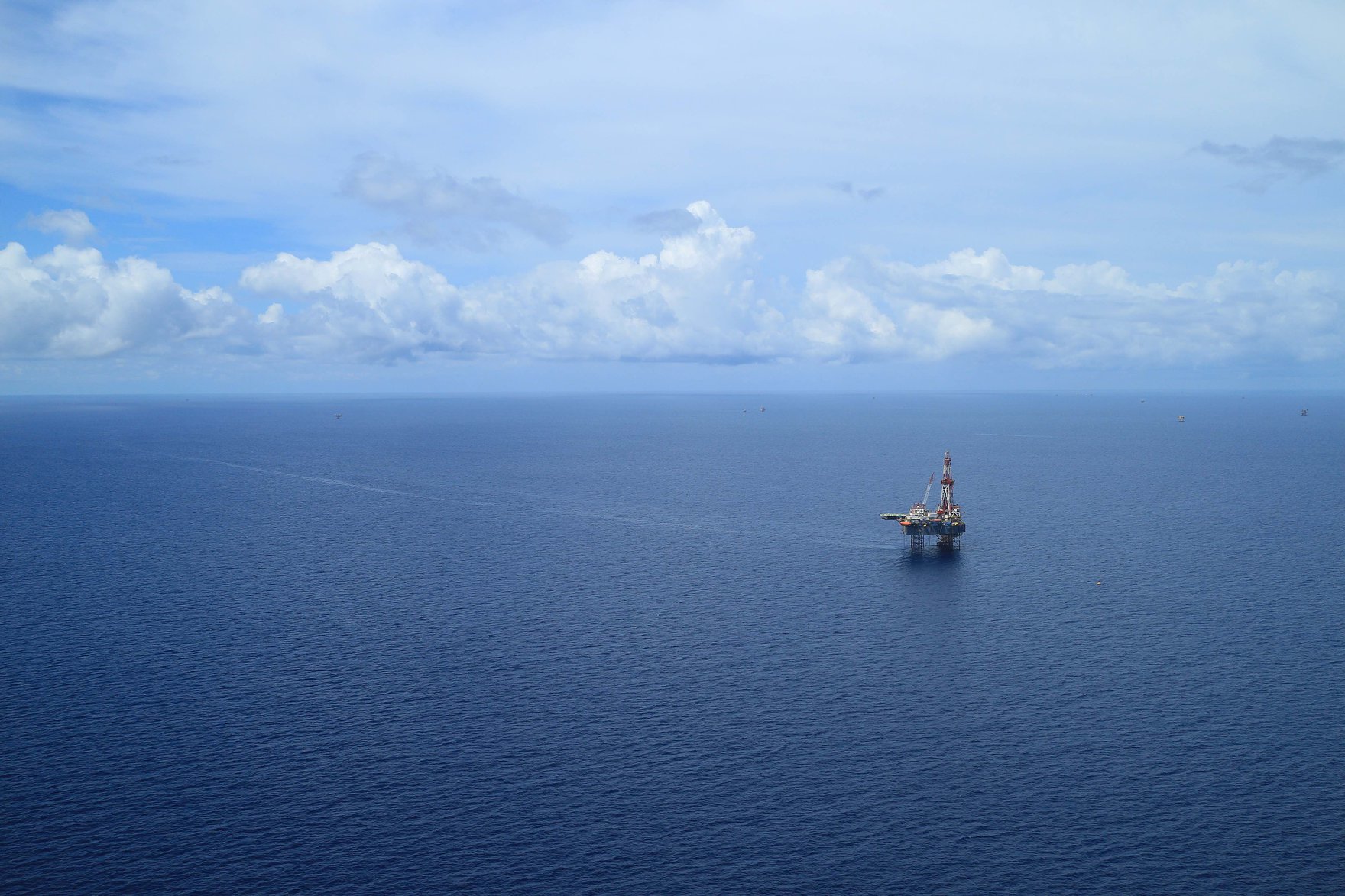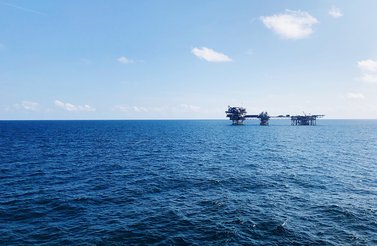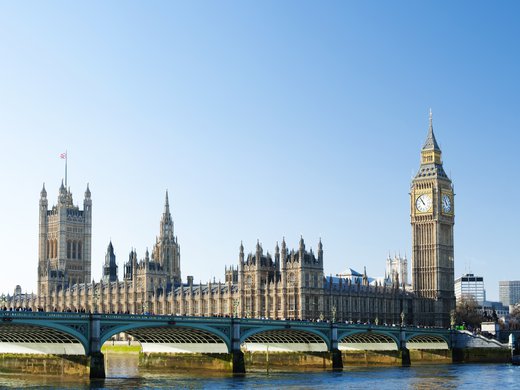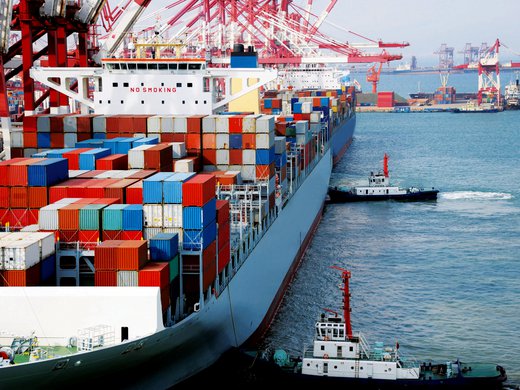The International Seabed Authority (ISA) held its twenty-fourth session in Kingston, Jamaica, July 2–26, 2018. There was a greater degree of vibrancy and energy at this session than at previous ones. It may be because this year’s gathering of the ISA membership — the Assembly, comprised of all states parties to the 1982 United Nations Convention on the Law of the Sea (the Convention) — witnessed a record attendance, according to the ISA’s Secretary-General Michael Lodge.
The success of this year’s session could also be due to the fact that the ISA is closer to fulfilling its mandate under Part XI of the Convention (which established the regime for “the Area”) and the 1994 Agreement that implemented Part XI. As “the Authority” named in the Convention, the ISA is the agency through which States Parties organize, control and administer the resources of the deep seabed area beyond national jurisdiction, which, according to article 136 of the Convention, are the “common heritage of mankind.” The near-universal adoption of the Convention more than 30 years ago can be viewed as one of the major successes of the United Nations — although the United States is still not party to the agreement.
In preparation for the commencement of mining of deep seabed minerals —some commentators and industry watchers expect this is on the horizon — the ISA is finalizing an exploitation code for nodules, sulphides, and ferromanganese cobalt crusts, having already adopted regulations governing the prospecting for and exploration of these minerals. Ever mindful of the responsibility of its overall mandate, which includes the preservation and protection of the marine environment of the Area, the ISA has ensured that the draft exploitation regulations address the protection of the marine environment, as it is required to do under article 145 of the Convention.
Over the past few years, representatives of civil society organizations and industry, including the International Cable Protection Committee (ICPC), have also descended on Jamaica to participate in the deliberations of the ISA’s Assembly, and to sit in on the Council as observers. In keeping with the requirements of the 1994 Implementing Agreement, the Council is the executive arm of the ISA that makes recommendations for adoption by the Assembly. The recommendations are, in large part, informed by the Council’s Legal and Technical Commission, which advises on scientific matters and those issues relating to the conclusion of contracts for seabed mining, based on applications received from sponsoring states. The Council also addresses budgetary and financial matters, as proposed by the Finance Committee for adoption by the Assembly.
Robust debates are central to both the Council and the Assembly; the former now meets twice a year, in March and again in July, prior to the commencement of the proceedings of the Assembly. This new format was put in place following a review of the work of the ISA, conducted under article 154 of the Convention, in order to improve members’ attendance and the working methods of the body as a whole.
This year, the Council held a prolonged debate — which, surprisingly, continued in the Assembly — on the Legal and Technical Commission’s proposal that the ISA raise the annual fee paid by contractors for exploration of minerals in the area beyond national jurisdiction, an activity that comes under the ISA’s purview. Although the recommendation was eventually adopted by the Assembly, it was apparent that a few major sponsoring states met the very modest fee increase with reluctance.
It’s not hyperbolic to say that a sea of civil society representatives flowed through the corridors and margins of this year’s session of the ISA. People involved in environmental protection, scientists encouraging women’s involvement in marine research in the area, and industry representatives alike travelled to Jamaica for the session. A number of side events in the margins of the meetings of the ISA, held in an attempt to influence the discussions and negotiations within the plenary meetings of both the Council and the Assembly, were also well attended.
Among these, the event hosted by CIGI was, arguably, one of the most critical to the ongoing work of the ISA. Over the past year, CIGI, the Commonwealth Secretariat and the ISA’s secretariat collaborated through the creation of a legal working group of 12 experts in the fields of international law of state responsibility and liability, international environmental law, and the law of the sea, to draft a regime on legal liability for environmental harm. The event featured a synthesis and overview of the group’s work before a packed delegates’ lounge at the ISA. The tremendous response and audience engagement have encouraged CIGI to consider continuing its work with the ISA on this project.
There is no doubt that the ISA is on the right path in ensuring the maintenance of the rule of law in the marine area beyond national jurisdiction. For example, member states appear to have recognized the importance of the operationalization of the Enterprise. The Enterprise is an organ of the Authority established under the Convention and is the entity through which developing countries would be able to participate in commercial exploitation of the mineral resources of the Area. It is expected to operate independently of the ISA. In this regard, the proposal by Poland to establish a joint venture with the Enterprise received much support in both the Council and Assembly. A comprehensive paper on the Enterprise submitted by the African Group also received support with calls for the ISA to put measures in place for the operation of the Enterprise as a matter of priority.
The ISA has been noted for encouraging women to participate in marine scientific research in the deep seabed beyond national jurisdiction. A very tangible example of this support was demonstrated with the 2018 introduction of the Secretary-General’s award dedicated to women involved in marine scientific research in this particular maritime zone. The inaugural award was won by Dr. Diva Amon of Trinidad and Tobago.
In an effort to continue to build on the significant progress made by the ISA, it was agreed, among other things, that further action would be taken during the intersessional period on a number of matters of importance. This includes participation in an intergovernmental conference on the elaboration of a new high seas agreement on the conservation and sustainable use of marine biodiversity, and finalizing the work of the legal working group on liability with inputs from member states. Outreach programs will also be hosted to help build awareness of the important work being done by the ISA.




